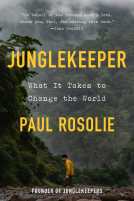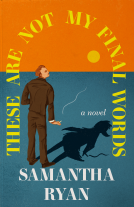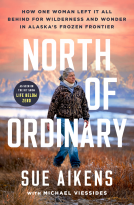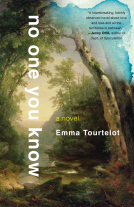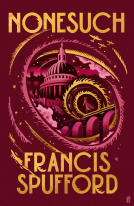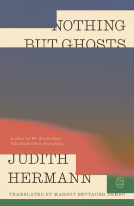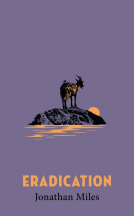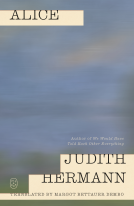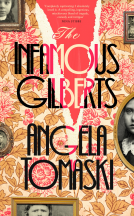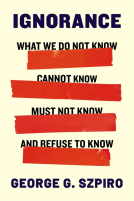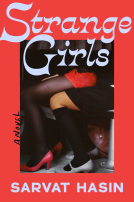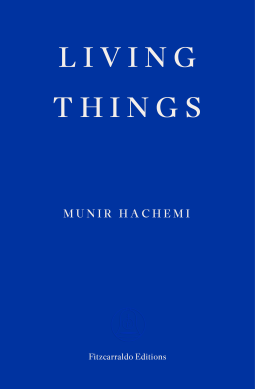
Living Things
by Munir Hachemi, tr. Julia Sanches
This title was previously available on NetGalley and is now archived.
Send NetGalley books directly to your Kindle or Kindle app
1
To read on a Kindle or Kindle app, please add kindle@netgalley.com as an approved email address to receive files in your Amazon account. Click here for step-by-step instructions.
2
Also find your Kindle email address within your Amazon account, and enter it here.
Pub Date Jun 19 2024 | Archive Date Jun 12 2024
Talking about this book? Use #LivingThings #NetGalley. More hashtag tips!
Description
Living Things follows four recent graduates – Munir, G, Ernesto and Álex – who travel from Madrid to the south of France to work the grape harvest. Except things don't go as planned: they end up working on an industrial chicken farm and living on a campsite, where a general sense of menace takes hold. What follows is a compelling and incisive examination of precarious employment, capitalism, immigration and the mass production of living things, all interwoven with the protagonist’s thoughts on literature and the nature of storytelling. Genre-bending and dystopian, Living Things is a literary eco-thriller, a punk-like blend of Roberto Bolaño's The Savage Detectives and Samanta Schweblin’s Fever Dream, and heralds an exciting new voice in international fiction.
Advance Praise
‘Hachemi counterbalances the uneasy atmosphere with a constant, subtle underlying humour that feels like a burst of fresh air. Absurdity and latent danger, stirred up in a French heatwave by the naïve insouciance of a group of increasingly tense youths, create an absorbing, somewhat Kafkaesque mood ... [Hachemi] weaves a delicately disturbing tale that contains all the rage and disappointment of facing a reality where only helplessness is possible.’
— Gabi Martínez, La Vanguardia
‘Living Things is a short novel that changes its skin – and almost its genre – in each of its eight parts ... A work of autofiction that not only defines the self against lived and narrated experience, but also functions as an indictment of social, political, sanitary and economic systems: of the meat industry as it exists today, of racism, of insecure work and financial precarity, and of the voracity at the heart of capitalism itself.... [T]he fact that this all happened to the author affects us not only as readers, but as human beings.’
— Carlos Zanón, El País
‘An endless array of sounds and ideas reverberate through these pages, at times apocalyptic and at other times deceptively naïve.’
— Qué Leer
’Blending together allusions to Hemingway, Borges, Bolaño, Houellebecq and even Lenin, with reflexions on Google, the true nature of the livestock industry, the ins and outs of temp work agencies, ecological stability, the free market and the paradoxes of diary-keeping, Munir Hachemi superimposes layers of reality with quasi-apocalyptic detours that reveal the menace underlying seemingly banal situations.’
— María Teresa Lezcano, Diario Sur
’From the outset [of Living Things], the first person narration is interwoven with a multitude of meta-literary and philosophical reflections that eventually form a rich second skin, a subterranean engine through which the real story, beyond the descriptions of escapades and setbacks, begins to be understood. A magnificent debut.’
— Eugenio Fuentes, La Nueva España
Available Editions
| EDITION | Paperback |
| ISBN | 9781804270875 |
| PRICE | £10.99 (GBP) |
| PAGES | 160 |
Available on NetGalley
Average rating from 30 members
Featured Reviews
 Michael J, Educator
Michael J, Educator
Living Things starts with a brief discursion about short stories and writing, which concludes "this text is only a book inasmuch as everything is a book. That's it. There is no intent, just storytelling. Embellishment degree zero." After this, a summer trip of four Spanish young men to France to pick grapes gradually becomes more unnerving, as they end up working on disturbing chicken farms and living on an increasingly threatening campsite, as the book threatens to turn into a slightly warped thriller.. As a short novel, it packs a lot in, including a whole set of literary allusions. Of course, the suggested lack of embellishment is a device - diary entries are ordered, embellished and comments on, but it does get at some of the apparent artlessness of the book and its inbuilt metacommentary (signalled by its ambiguous title). As the narrator writes at the end "storytelling... is something we do on instinct wile the world falls to pieces around us." The book's ending side-steps this falling apart, which may disappoint some readers, but it is definitely worth looking out for further translations of Hachemi's work..
An incredibly constructed book which explores not only the nature of writing and its relationship to memory, but the connection between the horrors of reality and how we experience and tell them as a story. I loved the literary references and discussions on what makes a story, and how the constant insistence that Munir was not creating but telling created a sense of mistrust and unreliability through the whole book. The claustrophobia and horror I felt could have been dialled up to 11 and this is what the book was just missing for me.
 Reviewer 816296
Reviewer 816296
"Living Things" follows four friends embarking on a journey from Madrid to southern France to work in grape harvesting. However, their expectations are shattered upon arrival at a nightmarish campsite, where they're coerced into grueling tasks at an industrial farm, leading to a gradual descent into despair and desensitization.
The novel expertly intertwines literary references with discussions on narrative construction, fostering a sense of mistrust through its protagonist's insistence on sharing truth over fabrication. The prologue, employing metafictional elements, sets a chilling tone, prompting contemplation on the untold horrors lurking beneath the surface.
While the book excels in self-awareness and metafiction, it falls short in delivering expected horror elements, favoring exploration of writing dynamics and linguistic gaps. Despite this, it offers a compelling narrative ripe for analysis through the lens of literary theory.
Recommended for enthusiasts of Latin American classics like Borges and Cortázar, "Living Things" leans more towards literary exploration than conventional horror, warranting appreciation for its ambitious fusion of genres. However, a stronger emphasis on horror could have elevated its impact significantly.
Rating at 4.5 stars, this book was a highly anticipated read for me, offering a meticulously crafted narrative. It delves into the intricacies of storytelling, memory, and the correlation between real-life horrors and their fictional counterparts.
Thank you to NetGalley & Fitzcarraldo Editions for the e-arc.

